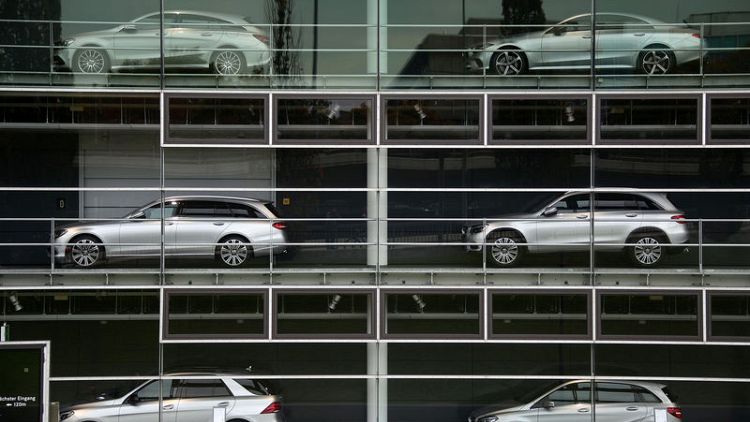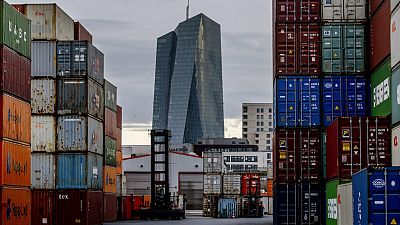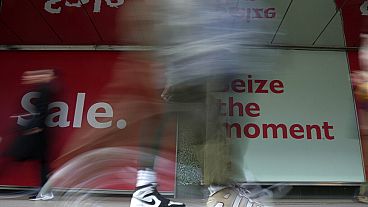FRANKFURT (Reuters) - German car registrations fell 1.5 percent to 7.2 million last year, with Volkswagen retaining its sales crown despite tougher emissions tests and a diesel clampdown while Tesla sales tumbled by 42.8 percent despite rising demand for electric cars.
German carmakers have struggled to lift sales since the country's highest administrative court allowed bans of older diesel vehicles and as regulators introduced tougher emissions tests, catching the likes VW <VOWG_p.DE> and Audi <NSUG.DE> off guard.
Demand for hybrid cars rose by 53.8 percent and sales of electric cars was up 43.9 percent, statistics from Germany's motor vehicle authority KBA showed on Friday.
However, KBA said that electric vehicles made up only 1 percent of new car registrations last year, with U.S. carmaker Tesla <TSLA.O> holding a 0.1 percent market share against market leader VW's 18.7 percent.
VW sales rose 1.5 percent last year after the German brand struggled to get its vehicles certified for the stricter WLTP emissions testing regime while sister brand Audi's sales dropped by 9.9 percent.
Sales of diesel cars fell to 32.3 percent of new registrations, down from 38.8 percent in 2017, while petrol cars jumped to 62.4 percent from 57.7 percent.
Vehicle registrations fell 6.7 percent in December to 237,058 cars, KBA said.
"Registrations of diesel cars reached their lowest point since 2000," said Peter Fuss, a partner at EY. "The range of models remains limited because not all vehicles have been certified for delivery."
In December registrations of Peugeot <PEUP.PA> vehicles fell 43 percent, while French rival Renault <RENA.PA> registered a 21 percent decline, EY's Fuss said.
(Reporting by Edward Taylor; Editing by David Goodman)



